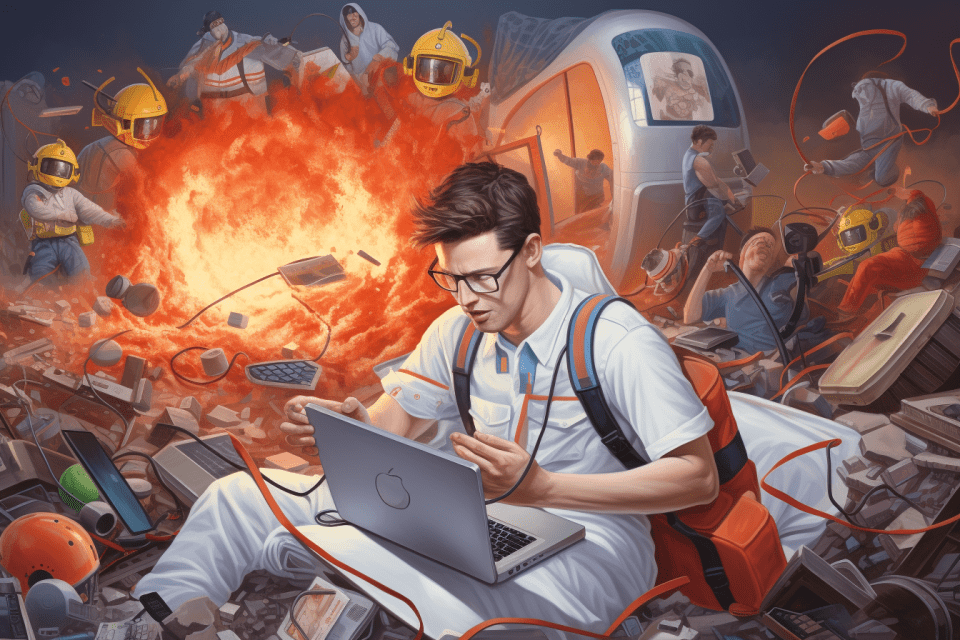The Role of Artificial Intelligence in Emergency Medicine: A Study on Google Bard and ChatGPT
The integration of artificial intelligence (AI) into healthcare has been a game changer, particularly in emergency medicine. A recent research paper titled “Performance of Google Bard and ChatGPT in Mass Casualty Incidents Triage” comparing the performances of AI models ChatGPT and Google Bard in mass casualty incident (MCI) triage presents new insights into the capabilities and limitations of these technologies.
The Study’s Approach
Conducted by a team led by Rick Kye Gan and colleagues, the study used a cross-sectional analysis to evaluate the effectiveness of ChatGPT and Google Bard against medical students in applying the START triage method. The START (Simple Triage And Rapid Treatment) method is a widely recognized approach in MCIs. The analysis involved a questionnaire with 15 diverse MCI scenarios, assessing triage accuracy in categories like ‘Walking wounded’, ‘Respiration’, ‘Perfusion’, and ‘Mental Status’.
Key Findings
The results were telling. Google Bard demonstrated a notable accuracy of 60% in its triage assignments, closely matching the 64.3% accuracy achieved by medical students in a previous study. In contrast, ChatGPT showed a lower accuracy rate of 26.67%, with a significant over-triage rate. This over-triage indicates assigning higher levels of care than necessary, which can be resource-intensive in real-world scenarios.
Analysis of the Results
The study’s findings suggest that while AI technologies like ChatGPT and Google Bard hold immense potential in emergency medicine, they are not without limitations. For instance, ChatGPT’s performance in the ‘Respiration’ category indicated a need for further development, particularly in recognizing medical abbreviations.
Potential of AI in Medicine
Despite these limitations, the roles of AI in medicine are multifaceted. AI chatbots, including ChatGPT and Google Bard, could revolutionize emergency medicine and public health. They can support disease surveillance, manage resource allocation, and provide evidence-based recommendations to healthcare providers. This could significantly enhance patient outcomes and ensure optimal resource utilization during emergencies.
Concerns and Future Directions
The study also highlights important concerns regarding AI in healthcare, such as privacy, security, and the need for human oversight. AI chatbots, while efficient, may lack the nuances of human judgment and empathy, making human supervision indispensable.
Conclusion
Google Bard’s superior performance over ChatGPT in this study is a significant finding. It points to the rapid advancements in AI technology and its potential applications in high-pressure, real-world scenarios like mass casualty incidents. However, it also underscores the necessity for ongoing development, ethical considerations, and the indispensable role of human expertise in the evolving landscape of AI in healthcare.
This study opens avenues for further research into the applicability of AI tools in various MCI modalities. Understanding and improving AI’s capabilities in emergency medicine will be crucial for future technological advancements and for better preparedness in mass casualty incidents.

